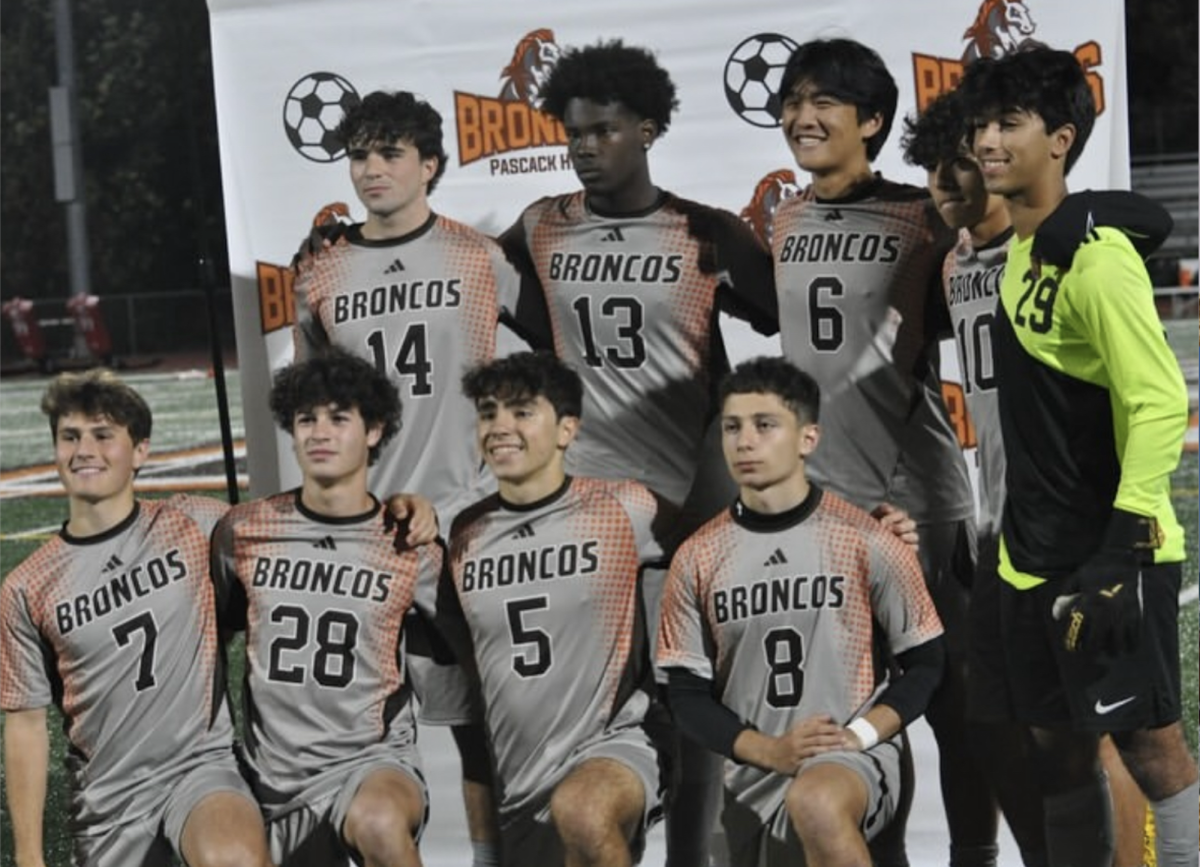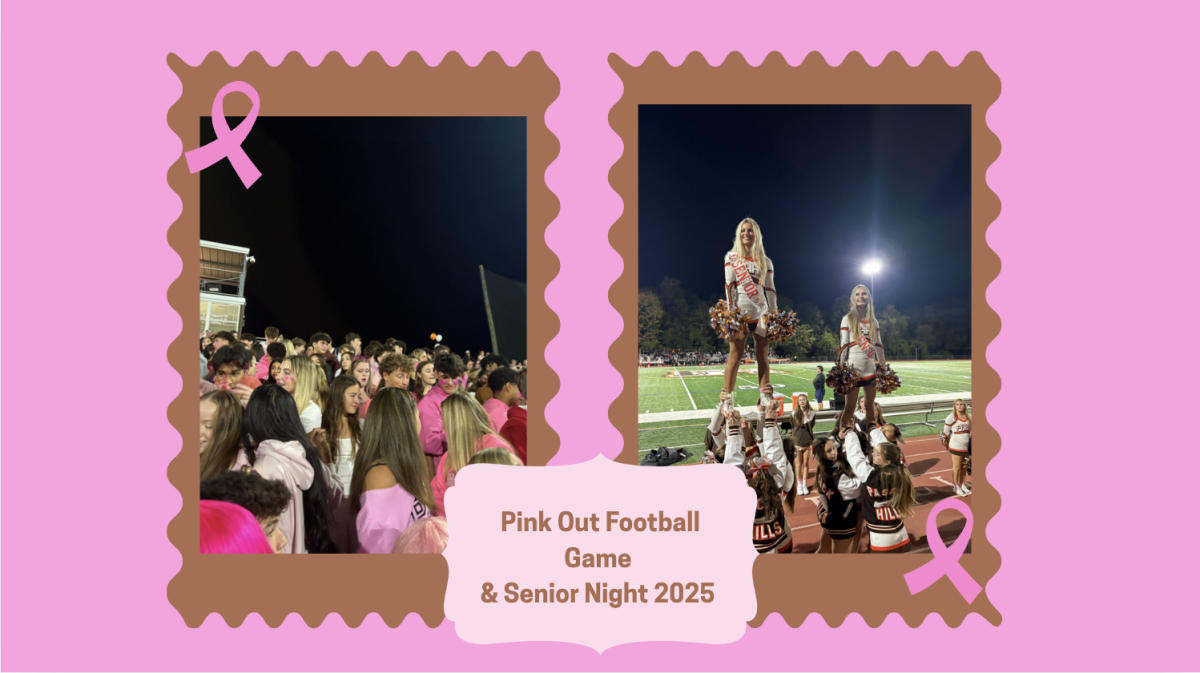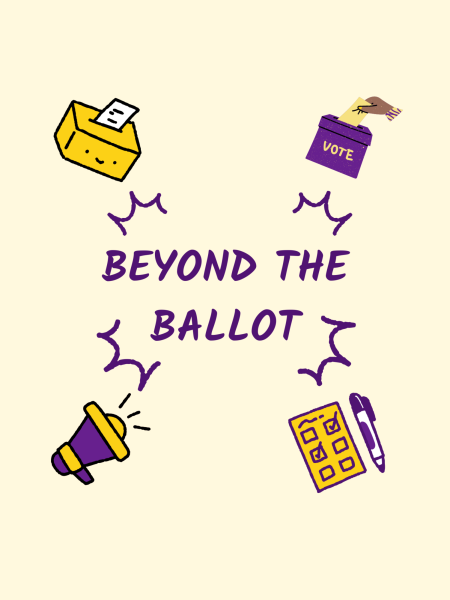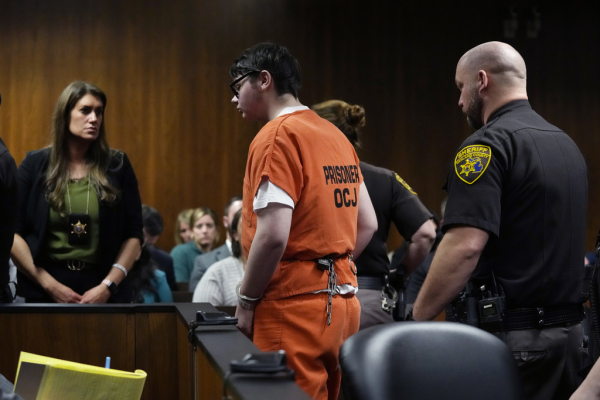To Vote Or Not To Vote: That Shouldn’t Be The Question
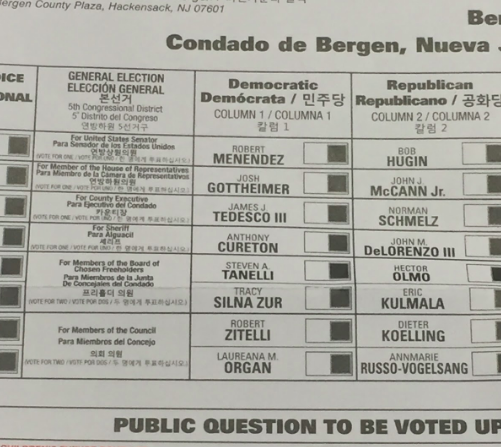
The candidates for the midterm elections. You can vote on November 6 at St. Joseph’s High School in Woodcliff Lake or the Montvale Community Center, depending on where you live.
Election. It can be an ugly word to some people that brings up debates about the left and right, who to vote for, and morality of the candidates. After the outcome of the 2016 presidential election and what has occurred since, Democrats are desperate to reclaim power to in the midterm election on November 6th. There are over 450 combined available seats in the House of Representatives and the Senate. Considering most of these available seats are from the House of Representatives, which is charged with passing federal laws, Democrats are using this opportunity to take control of the House while Republicans are struggling to maintain their majority control.
And it’s been an off-putting two years so far based on the hyper-charged political climate that we have found ourselves in. Nobody can mention anything with even the slightest political relevance without finding themself in a heated argument. The Republican party has become something of a joke due to some of the president’s actions and the way that some of its members have conducted themselves. It’s impossible to go a week without seeing SNL take a few jabs at Republicans and it’s even harder to go a few weeks without seeing Alec Baldwin parade around as Trump on the show. Democrats aren’t immune to criticism and ridicule either, coming across as elite socialites who are out of touch with the people and lack a sense of unity among themselves. With the midterm elections right around the corner, both parties are doubling down on their campaign efforts and selling themselves to voters.
It’s too bad that a majority of young New Jersey voters will most likely skip the polls and stay home November 6. Last year, data shows that only one out of every ten Rutgers University students who were registered to vote actually voted. This is surprising considering that our generation, the one comprised of current high school seniors, college students, and young adults, is said to be the generation of change, the generation that will bring about reform to controversial topics like gun control. The lack of voter turnout is also surprising considering that midterm elections are arguably more important than national elections- at least in terms of voter impact.
As opposed to national and federal elections, voters give direct power to the candidate they support as opposed to indirect power through a representative. People vote directly for who they want to represent their state in the House and the Senate and each vote really does count. Your vote could potentially be the one that decides whether or not Candidate A wins over Candidate B or vice versa. In addition, the candidates who are elected are direct representatives of the state of New Jersey. These are the people who give us a voice in the government and work to pass federal legislature that will help the state, from anti-stigma laws to increased financial aid. Considering that Rutgers is the largest university in New Jersey and that over eighty percent of its student body are New Jersey residents, the lack of drive to vote is surprising considering that they are throwing away their opportunity to elect someone they feel will bring the change they want to the state.
This same worry about a lack of voters applies to high schoolers as well. Considering the walkout last year regarding the death of a Woodcliff Lake resident in a school shooting, it makes sense that Hills seniors of legal age to vote would be running to the polls to pick the candidate they feel would bring about the reform they want and the safety they deserve. It should be an easy decision to drive to the polls when they open up. Political disengagement and the paper-thin ice we walk on regarding the political climate turns off students from voting for fear of being judged by their peers based on what party they support.
Voting shouldn’t have to feel like that. Voting is a guaranteed right given to us to by the Constitution, not a privilege. Each and every American who is eighteen and older has this right and it is a shame that some people waste it. With the amount that people ridicule the right or criticize the left’s lack of identity, some of these critics don’t do anything to fix things. They sit back idly and continue to complain about the state of the government. Do you know the saying, “If you want something done right, you have to do it yourself”? That applies perfectly to the impact that voting in the midterm election brings. But how can we, as a community, bring ourselves to vote even if we’re feeling hesitant or apathetic? The answer is simple: just take politics out of the equation.
Instead of viewing the candidates as members of opposing political parties, simply view them as people. Once you distance yourself from political ties, voting feels much less stressful. It also helps because you can put more focus into who the candidates are rather than who they are affiliated with. A person is still a person, no matter their ties. What matters in the midterm election is the type of person your chosen candidate is. What sort of experience do they have in politics? Are there any scandals involving them? What are they like as a person, both inside of politics and in everyday life? Knowing more about who you are voting for allows you to make a better judgement than knowing what party they are part of and voting based on that merit. Political ties should be irrelevant in an election. The fact that both Democrats and Republicans are trying to discredit their opponents in the midterm elections is asinine since it only serves to lead people astray with their votes. If you’re a Democrat and decide to vote for a Republican candidate who wants to bring about gun reform and improve education for lower-income schools, go for it if those are the sort of issues you want solved. The same can apply to a Republican voting for a Democratic candidate. What’s important to consider on November 6 is who you think will best represent the state and vote for them, not some candidate you feel pressured to vote for based on political ties.
Besides, mixing politics with people can be harmful and turn off voters who are already feeling iffy about the midterm elections. The Kavanaugh confirmation hearing comes to mind with how politics took precedence over a timely and fair confirmation procedure. It’s understandable that the senators who were involved with the hearing wanted to find enough evidence to be able to definitively prove or disprove whether Kavanaugh was guilty of sexual assault. The length that Democrats went to try and drag out the trial until November midterms was nothing more than a political play. They wanted the hearing to last until November so that Democrats would hold majority power in the Senate after the elections and be able to deny Kavanaugh’s position. If you are unsure of who to vote for, vote based on your intuition and what you want to see changed in government. Just disregard politics. Nobody needs another reminder of the latest example of just how politically divided the nation is.
For students who are apathetic about politics or are choosing not to vote, vote anyway. As I mentioned earlier, every vote really does count and the outcome will directly affect the state of New Jersey. You might believe that the nation’s politics have nothing to do with you and that there’s no reason to follow what’s happening. That couldn’t be further from the truth. At age eighteen, you are considered a legal adult and some of the decisions being made in the government will affect you. By voicing your opinion, even if you don’t care about politics, you are deciding on the future of the state and those who represent us.
It’s understandable that many new voters feel turned off by the elections and are choosing not to vote. The political climate is like a desert, with arguments and controversy being the heavy sun looming over us, causing us to sweat (with nervousness). But here’s the key point to remember: our votes could end the lack of unity in the government. If we research the candidates carefully and their track record of bipartisanship, we can find a candidate who is willing to work with others. If we place our faith in those who foster a cooperative attitude in politics, then there’s hope for agreement from both parties. But it all starts with our votes.

Matt is a senior and this is his second year as the In-Depth editor for The Trailblazer. Matt is excited to lead writers into hard-hitting journalism and write exposés. Although he’s sad his time is ending soon, he knows that his proteges will do well, but until then, he is ready to teach them all he knows!












